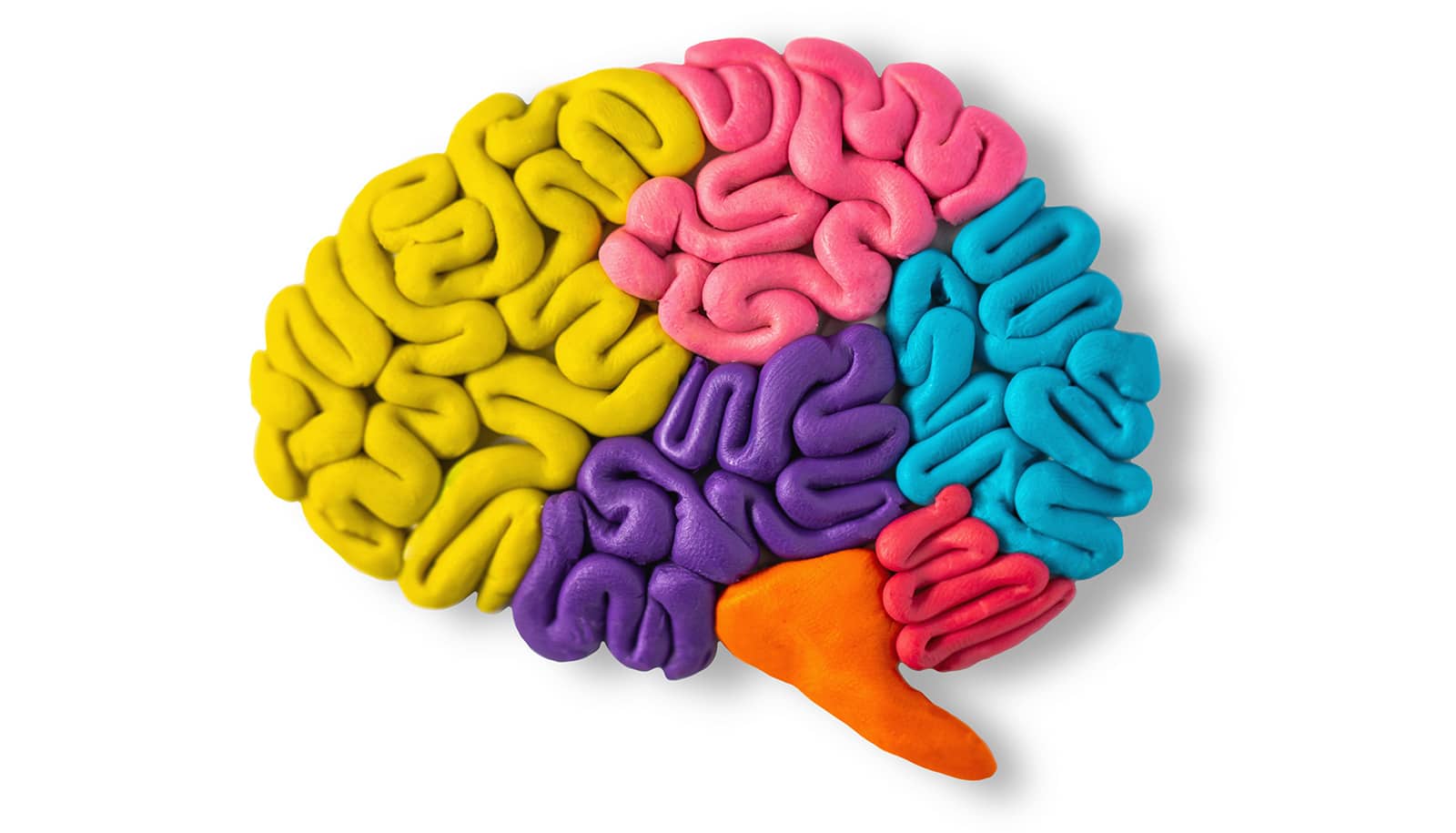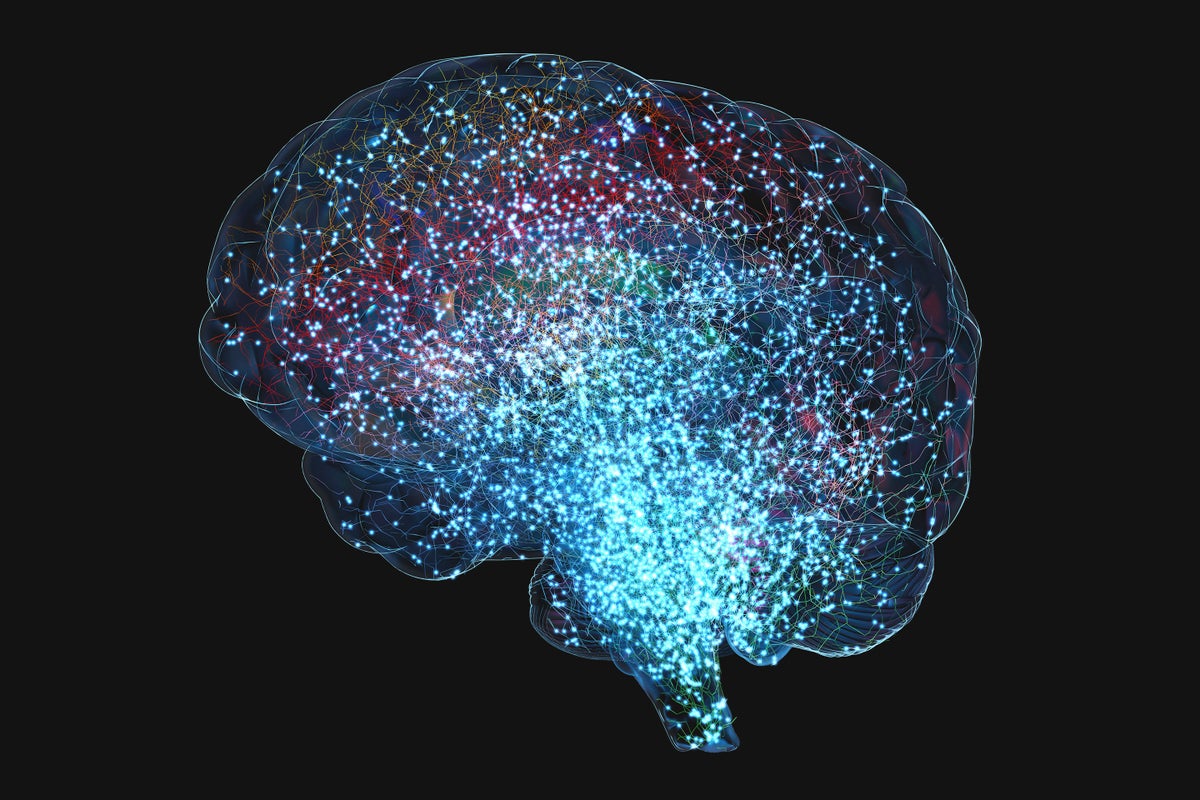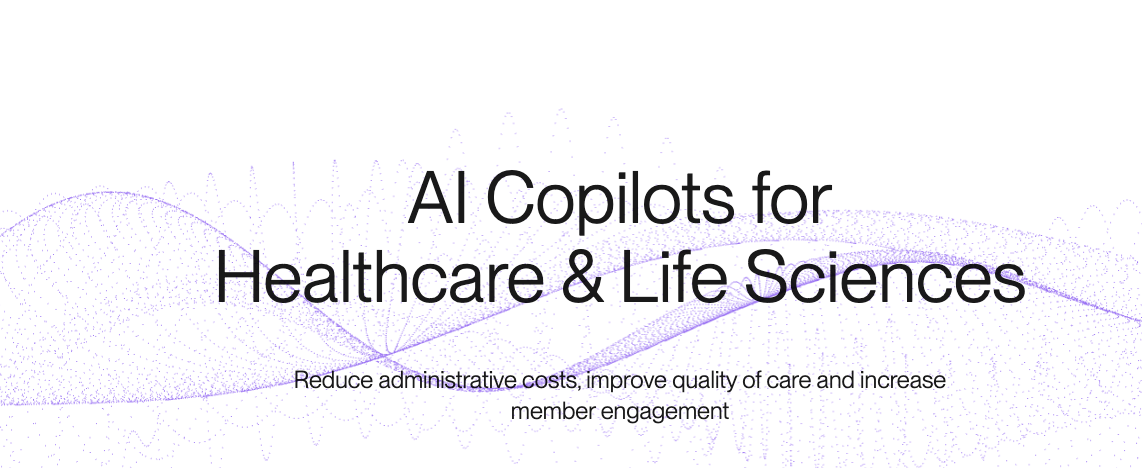The Overlooked Connection Between GLP-1s, Obesity, and Eating Disorders
The false belief that people with obesity do not have eating disorders is one of the most harmful misconceptions in obesity care. In reality, individuals with obesity are at a high risk for eating disorders. The intersection of obesity, mental health, and disordered eating is complex. As GLP-1 receptor agonists (like semaglutide and tirzepatide) become ... Read More


The false belief that people with obesity do not have eating disorders is one of the most harmful misconceptions in obesity care. In reality, individuals with obesity are at a high risk for eating disorders.
The intersection of obesity, mental health, and disordered eating is complex. As GLP-1 receptor agonists (like semaglutide and tirzepatide) become more widely used for weight management, the risk of exacerbating eating disorders must be addressed. Obesity is not just a metabolic issue—it is a deeply interwoven physical and mental health condition that demands a holistic, multi-disciplinary response.
The prevalence of eating disorders
Many still associate eating disorders only with thinness, linking them to conditions like anorexia nervosa. However, eating disorders are also highly prevalent in individuals with obesity and often go unnoticed.
Binge Eating Disorder (BED) is the most common, affecting 1-3% of the general population, and can be as high as 47% of those seeking weight loss treatment in clinics or bariatric programs. People with obesity and comorbid binge eating generally seek weight loss treatments rather than therapies for eating disorders. Night Eating Syndrome (NES) is estimated to affect ~2% of the population with 2.5-2.8 times higher prevalence in men and women with obesity, respectively, and often overlapping with BED. Similarly, up to 55% of patients seeking bariatric surgery have reported some symptoms of NES. There is a need for more data on the co-occurrence of Bulimia Nervosa (BN) and obesity.
Additionally, many individuals with obesity experience Other Specified Feeding and Eating Disorders (OSFED), which are disordered eating patterns that may not fit neatly into BED or BN criteria but still significantly impact a person’s health. An example is Atypical Anorexia Nervosa (AAN). Many people mistakenly believe that because anorexia nervosa involves extreme restriction of food intake, a person cannot have the disorder while also experiencing obesity, but this is simply not true. AAN involves individuals who meet all criteria for anorexia nervosa, and exhibit an intense fear of weight gain leading to dangerous behaviors like restriction, fasting, excessive exercise, purging, and using laxatives, diuretics, or diet pills. Although evidence is limited, it is possible that the mechanism of GLP-1 could exacerbate or contribute to the development of ED pathology. The extended fullness from GLP-1s may unintentionally reinforce harmful beliefs about skipping meals, undereating, or ignoring hunger signals.
Despite these high prevalence rates, eating disorders in individuals with obesity often go undiagnosed due to weight stigma and outdated assumptions, highlighting the need for greater awareness and more comprehensive screening in obesity care.
The dangers of overlooking eating disorders in obesity treatment
Rather than receiving concern for potentially harmful behaviors, individuals with obesity are frequently praised for weight loss, even when it results from extreme restriction or disordered eating. This can delay proper diagnosis, reinforce dangerous patterns, and make recovery more difficult. Compounding this issue, many common obesity treatments—such as aggressive weight loss programs, restrictive diets, and even certain medications—can unintentionally exacerbate eating disorders. Without careful behavioral oversight, patients may develop an unhealthy fixation on weight loss, increasing the risk of compulsive food restriction, malnutrition, and metabolic harm.
Beyond the physical consequences, a narrow focus on weight alone fails to address the deeper psychological drivers of disordered eating. Many individuals struggling with obesity turn to food as a coping mechanism for trauma, anxiety, or depression. When obesity care does not integrate mental health support, it overlooks a critical component of long-term success, making it harder for individuals to break free from harmful eating cycles. Further, supporting individuals who need to lose weight for medical reasons while also managing an eating disorder requires a multi-disciplinary, patient-centered approach that integrates both mental and physical health care.
GLP-1 therapy is powerful but carries potential risks
GLP-1 receptor agonists have revolutionized obesity treatment by reducing appetite, improving metabolic health, and supporting sustained weight loss. However, they can exacerbate disordered eating patterns when not carefully managed. Given the high prevalence of eating disorders in individuals with obesity, it is critical to understand how these medications may intensify existing risks or create new concerns.
GLP-1s suppress appetite by slowing gastric emptying, making it easier for individuals to skip meals or eat significantly less. While this can be beneficial for weight management, it may also reinforce restrictive eating behaviors, especially in those with a history of anorexia, orthorexia, or other restrictive disorders. The loss of natural hunger cues can disconnect individuals from intuitive eating, leading to inadequate nutrition and malnutrition. When caloric intake becomes dangerously low, the body enters a catabolic state, breaking down muscle for energy, which can have long-term metabolic consequences.
Excessive lean body mass loss is a major concern with rapid weight reduction, as it can lead to fatigue, weakness, and slowed metabolism. This is particularly concerning for those with disordered eating histories, as they may see muscle loss as a sign of “success” rather than a serious health risk. Without adequate protein intake and resistance training, lean mass loss can be significant, potentially creating long-term risks.
For some, the psychological impact of GLP-1 therapy extends beyond the physical changes. Patients may become hyper-focused on maintaining weight loss, developing an unhealthy fear of eating or regaining weight. This anxiety can lead to increased food avoidance, social withdrawal, and a deepening cycle of disordered eating. Others may grow psychologically dependent on the medication, fearing that without it, they will lose control over their eating habits. This reliance can make transitioning off GLP-1s difficult, often triggering binge-restrict cycles or other compensatory behaviors.
The solution: a multi-disciplinary, behavioral-integrated approach
It is essential to integrate comprehensive behavioral and nutritional support alongside GLP-1s to ensure safe, effective, and sustainable obesity treatment. A multidisciplinary care team is key, including:
- Behavioral health specialists to monitor for emerging disordered eating behaviors, body image concerns, and psychological distress.
- Registered dietitians with expertise in both obesity and eating disorders to ensure nutritional adequacy, prevent excessive lean mass loss, and promote a healthy relationship with food. Dietitians also assess for signs of malnutrition, metabolic adaptation, and psychological side effects.
- Certified health coaches to provide strength-based exercise guidance to preserve lean mass and support metabolic health without triggering compulsive exercise behaviors.
Bottom line
Obesity and eating disorders are not mutually exclusive—they are often intertwined. Weight loss should never come at the cost of metabolic, mental, or emotional health. The rise of GLP-1 therapies presents both an opportunity and a risk. When used responsibly, they can aid sustainable weight management, but without proper oversight, they can also exacerbate disordered eating tendencies.
A multi-disciplinary, patient-centered approach is paramount to ensure that obesity treatments, including GLP-1s, promote long-term well-being rather than reinforcing cycles of restriction and disordered eating. The goal should not just be weight loss but sustainable health and a positive relationship with food and body.
About Gretchen Zimmermann
Gretchen is a registered dietitian, board-certified obesity and weight management specialist, certified diabetes care and education specialist, and Vice President of Clinical Strategy for Vida Health, a virtual, personalized obesity care provider. Her experience leading the development and growth of key clinical verticals and cardiometabolic programs informs her expertise in evidence-based medicine and clinical interventions. She is particularly interested in the intersection of physical and mental health. Gretchen holds a BS from Kansas State University and an MBA from William & Mary.





















































































































































